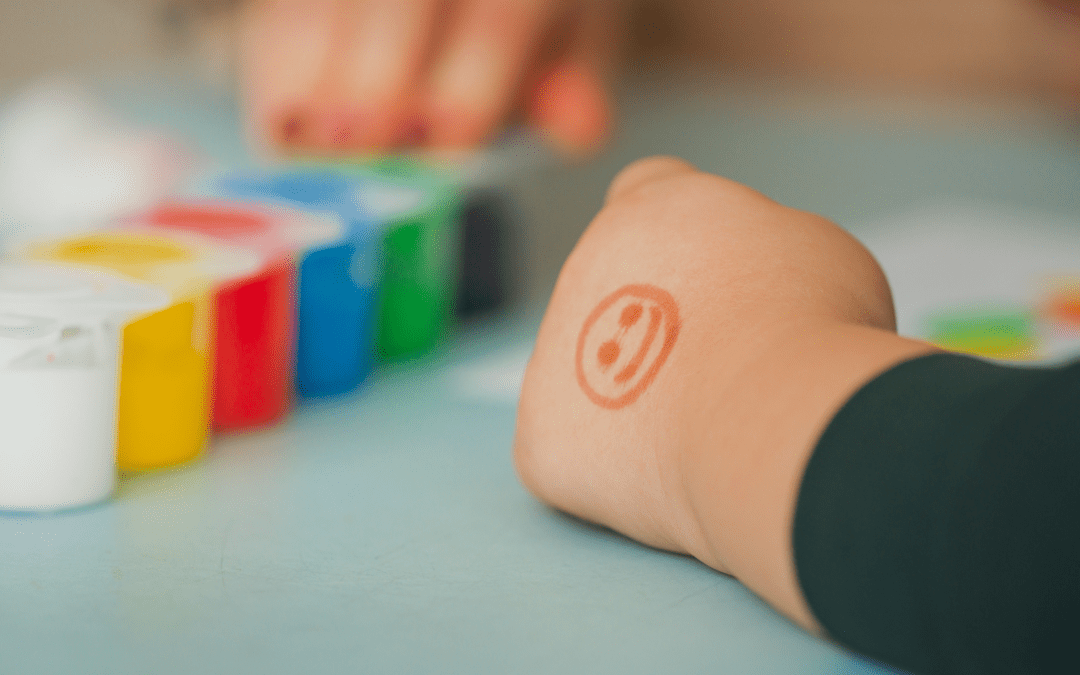Have you ever noticed how naturally children express themselves through play? Whether it’s creating imaginary worlds, solving puzzles, or simply stacking blocks, play is more than just fun—it’s a powerful form of communication. Enter play therapy, a therapeutic approach designed to help children work through emotional, behavioral, and social challenges. Let’s dive into what makes play therapy so effective and why it might just be the right fit for your child.
What is Play Therapy Effective For?
Play therapy is highly effective for a wide range of emotional and behavioral challenges. Here are just a few examples:
- Emotional Regulation: For children struggling to manage intense emotions like anger, sadness, or anxiety, play therapy provides a safe outlet to express these feelings.
- Trauma and Grief: Experiencing a loss or traumatic event can be incredibly isolating. Through play, children can process and make sense of these experiences without the need for verbal explanations.
- Behavioral Issues: Whether it’s difficulty following rules, aggression, or defiance, play therapy helps children identify underlying emotions driving these behaviors and develop healthier coping mechanisms.
- Developmental Challenges: Children on the autism spectrum or those with ADHD often benefit from play therapy as it promotes social skills, self-regulation, and problem-solving.
- Family Dynamics: When families are facing transitions like divorce or a move, play therapy can help children express their feelings and foster better communication within the family unit.
What are the Three Basic Functions of Play Therapy?
At its core, play therapy serves three basic functions that contribute to emotional healing and growth:
- Communication: Play acts as a universal language, particularly for children who may not yet have the vocabulary to express complex emotions. Through dolls, art, or role-playing, therapists gain insights into a child’s inner world.
- Expression: Beyond communication, play allows children to safely express fears, frustrations, and desires. A child who might feel “stuck” verbally can show, rather than tell, what’s troubling them.
- Problem-Solving: In the playful scenarios crafted during therapy sessions, children learn to navigate challenges, test solutions, and build resilience—skills they can take into the real world.
Who Benefits the Most From Play Therapy?
While play therapy is often associated with children, its benefits extend beyond them. Let’s break it down:
-
Children: As the primary beneficiaries, children between the ages of 3 and 12 often experience the most dramatic improvements. They’re naturally inclined toward play, making this a highly effective way to help them address their challenges.
-
Teens: Adolescents can benefit from play therapy, too, especially when creative modalities like art or sand tray therapy are incorporated. This approach can make therapy feel less intimidating.
-
Parents and Families: Play therapy can involve parents or caregivers to strengthen family bonds and create a supportive environment at home. Therapists often provide strategies for families to reinforce the therapeutic process outside of sessions.
-
Adults: Believe it or not, adults can benefit from play therapy! Techniques like sand tray work or expressive arts are often used in trauma therapy for adults, providing a non-verbal outlet for processing deep emotions.
What are the Emotional Benefits of Play Therapy?
The emotional benefits of play therapy are wide-ranging and deeply impactful. Here are a few key highlights:
- Increased Emotional Awareness: By engaging in play, children and adults alike can better identify and articulate their emotions, leading to greater self-awareness.
- Reduced Anxiety and Stress: Play offers a therapeutic escape from everyday worries. Engaging in a playful activity often activates relaxation responses, helping individuals feel calmer and more in control.
- Improved Emotional Regulation: Learning to navigate emotions through play builds resilience and equips individuals with tools to manage challenging feelings in healthier ways.
- Strengthened Relationships: Play therapy often involves building trust and connection, whether with the therapist, peers, or family members. This process fosters healthier interpersonal relationships.
- Enhanced Confidence and Self-Esteem: Overcoming challenges within the safe space of therapy helps children and adults develop a sense of accomplishment, boosting their confidence.
It’s important to note that play therapy isn’t a one-size-fits-all solution. Each individual’s journey is unique, and therapy is most effective when tailored to meet specific needs. A trained play therapist can assess whether this approach is the right fit and guide the process toward healing and growth.
Play therapy is a powerful reminder that healing doesn’t always have to be serious or structured. By embracing the natural language of play, this approach offers a pathway to emotional wellness that feels approachable, creative, and—most importantly—effective. If you’re considering play therapy for yourself or a loved one, know that it’s more than just child’s play—it’s a meaningful step toward greater emotional health.
Get Started
You may call, text message, email, or fill out the form to reach us. We will respond within 48 hours, Monday through Friday.
We Will Help You Find Your Fit
We know that looking for a counselor can feel overwhelming.
We are here to help guide you to the counselor that is best for your needs. If that counselor turns out to
not be in our practice, that's okay. We know great counselors that we'd be happy to refer you to.
What’s most important to us is that you get connected with the help you need. We are here for you.

